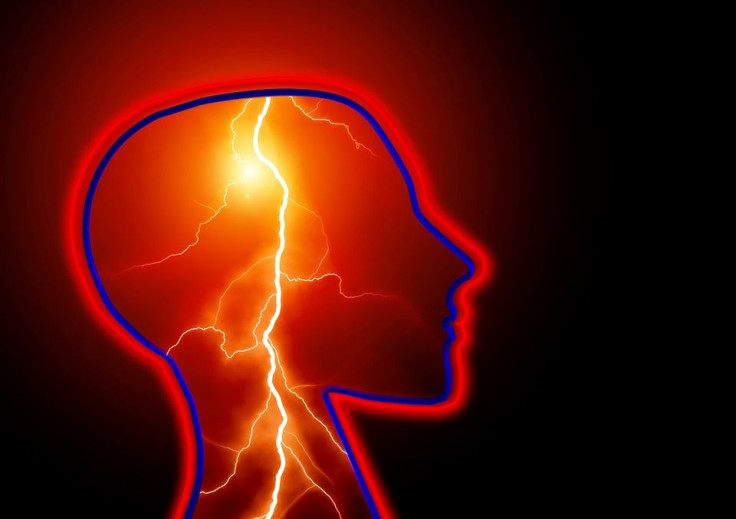Stroke Rates May Be Declining Quicker For Men Than Women

Fewer Americans overall are having strokes, but the same may not hold true for both men and women, according to new research. In a study published in the journal Neurology, researchers found that the stroke rate for men declined, but for women it remained consistent.
Read: Strokes, The Fifth Leading Cause Of Death, Are Mostly Preventable; What To Do
“For years, women have had a lower overall rate of stroke compared with men, but now men appear to be approaching similar rates,” study author Tracy E. Madsen, of the Alpert Medical School of Brown University, said in a statement. “While any decrease in rates of stroke is of course a good thing, it leaves one to wonder why women’s rates are not going down to the same extent.”
Madsen and her colleagues analyzed stroke data from more than 1.3 million adults living in various counties in Ohio and Kentucky between 1993 and 2010. During that time period, a total of 7,710 adults experienced their first-ever stroke, according to records from the hospital, clinic, and coroner. About 57 percent of those who had a stroke were women.
Although the researchers found that overall stroke rates declined for men and women, there was not a statistically significant difference for women. Even when the researchers looked at the rates for a specific type of stroke called ischemic stroke, there again wasn’t a statistically significant difference for women. Ischemic strokes are the most common type, making up about 87 percent of all stroke cases, according to a report from the American Heart Association.
Read: Mind-Controlled Device Powered By Brain Signals Helps Stroke Survivors Move Paralyzed Hands
“The overall decrease in stroke was driven by men having fewer ischemic strokes, a type of stroke caused by a lack of blood flow (to a) specific area of the brain,” Madsen said.
She believes one reason for the findings is that stroke risk factors are less controlled in women than men, but more research is necessary to better understand if this is valid. A limitation of the study is that no information was collected on risk factors unique to women, such as pregnancy, history of preeclampsia/eclampsia or gestational diabetes, oral contraceptive use, and postmenopausal hormone therapy. Women who experience pregnancy conditions, such as preeclampsia, have a doubled risk of having a heart attack or stroke within the next five to 15 years, according to Harvard Medical School.
Other stroke risk factors that both men and women can change or treat include: high blood pressure, tobacco use, diabetes, high cholesterol, and obesity.
See also: Does Where You Live Impact Health? Your Stroke Risk, According To US Region
Strokes Are Now A Young Person's Disease; Why Rates Among Americans 18 to 44 Continue To Rise



























